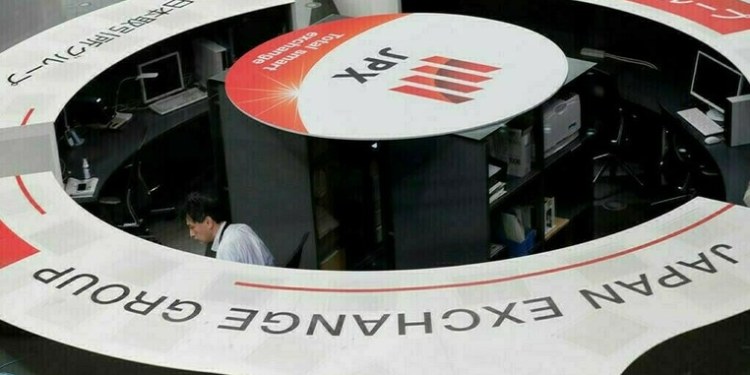HONG KONG (Reuters) – China’s breaches of World Trade Organization (WTO) rules are detrimental to the United States and there are worrying signs that the world’s second-largest economy is moving backward, the U.S. consul general of Hong Kong and Macau said on Tuesday.
Kurt Tong was speaking at the Foreign Correspondents’ Club amid escalating tensions after China and the United States threatened each other with tens of billions of dollars in tariffs, fanning worries of a full-blown trade war.
“From the U.S. perspective, China’s WTO commitments reflect somewhat of a broken contract,” Tong told a packed audience of business professionals and media.
“Perhaps most worrisome, actually, is the sense we have in the United States that China’s forward progress on economic reform and opening in recent years has stalled…in fact, depending on the issue under consideration, there are some worrisome signs that things may actually be moving backward.”
Tong hailed the contributions that Chinese leaders such as Deng Xiaoping and Zhu Rongji had made to China’s progress, although he said their work was far from finished.
Worries of a trade war have rattled investors and created uncertainty in global supply chains and among business leaders contemplating investment plans.
U.S. President Donald Trump’s move earlier this month to threaten China with tariffs on $50 billion in Chinese goods was aimed at forcing Beijing to address what Washington says is deeply entrenched theft of U.S. intellectual property and forced technology transfers from U.S. companies.
Beijing charges that Washington is the aggressor and spurring global protectionism.
The U.S. consul general said China’s size and international economic success had fostered the idea that it was acceptable for the country to ignore global trading rules.
“Some thought leaders in China are even championing the narrative that a non-transparent, state-dominated approach to running an economy is a legitimate alternative to free and fair markets where eveyone can participate,” Tong said.
“For the United States, the result of this situation is growing disappointment.”
The trade frictions have also created nervousness in Hong Kong, Tong said, adding that the former British colony was proof that an economy can be part of China but also be consistent with global best practices.
Hong Kong returned to Chinese rule in 1997 under a “one country, two systems” formula which guarantees it a high degree of autonomy and freedoms not enjoyed on the mainland, including limited democracy.
Tong said maintaining a healthy U.S.-China relationship was crucial for Hong Kong.
Fusion Media or anyone involved with Fusion Media will not accept any liability for loss or damage as a result of reliance on the information including data, quotes, charts and buy/sell signals contained within this website. Please be fully informed regarding the risks and costs associated with trading the financial markets, it is one of the riskiest investment forms possible.
Source: Investing.com




























